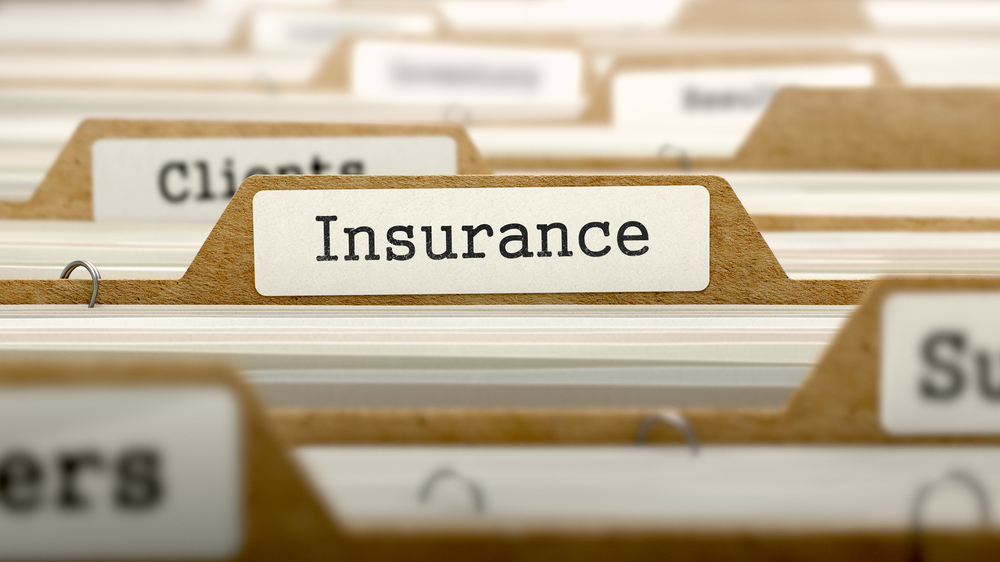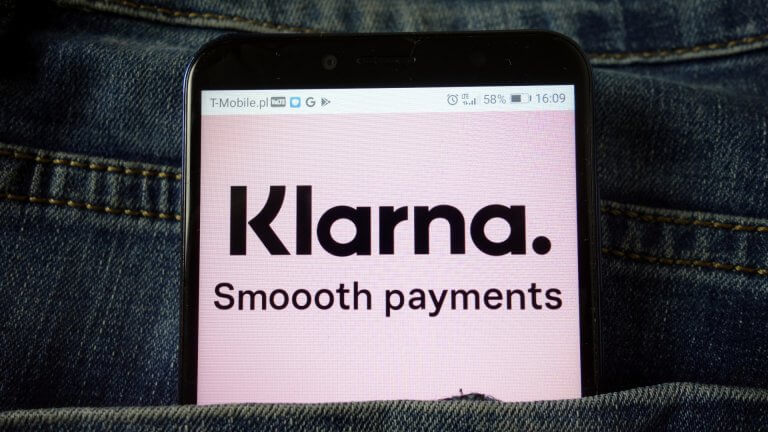The importance of various types of insurance coverage is often underestimated until someone finds themselves in a situation where they need it. There are so many situations that are unpredictable and entirely out of your control, but when you have good insurance, you can financially protect yourself. You’re also giving yourself priceless peace of mind when you have good coverage.
You’re protecting your assets, making insurance a critical part of building a strong financial plan. You can protect not only your possessions but your earning power.
With those things in mind, below are some of the types of insurance everyone should have.
Homeowners/Renters Insurance
Homeowners insurance protects your biggest investment. The prices can vary depending on the state you’re in and other factors, but overall, it’s not an extremely expensive type of coverage. For example, homeowners insurance in South Carolina is, on average, $1,269 a year. The national average for homeowners insurance is $1,211 annually.
Homeowners’ insurance should ideally include dwelling coverage, giving you an added layer of protection beyond the limits of your policy.
You may also need to add flood and hurricane insurance, depending on where you live.
Renters’ insurance has similarities to health insurance. If you don’t have renters insurance and you’re the victim of something like a fire, flood, or theft, you won’t be protected. Some landlords require renters insurance.
Health Insurance
Health insurance is essential. Around 67% of people who file for bankruptcy do so because they have medical debt. If you don’t have health insurance, you’re always going to be on the brink of a financial disaster, whether or not you realize it. Medical bills can quickly be hundreds of thousands of dollars for even a relatively mild illness.
Even if you don’t go to the doctor a lot, don’t think you can get away without health insurance. You might end up getting a high-deductible plan, but still, you need that coverage.
If you have a high-deductible plan, you can open a Health Savings Account. A Health Savings Account or HSA is a savings account with tax advantages, where you put money aside to cover medical expenses if and when they arise.
If you have an HSA, you can deduct your contributions from your business income or gross pay. You can invest the funds that you contribute, and they’ll grow tax-free, and you can use tax-free withdrawal for qualified medical expenses such as your deductibles.
Long-Term Disability
If you find yourself in a situation where you can’t work, a long-term disability can protect your income. According to the Social Security Administration, more than one in four current twenty-year-olds will become disabled before they’re 67, highlighting the importance of this insurance.
If you’re in your prime earning years, a disability could derail all of your other financial goals.
If you want to avoid paying for something you don’t need, on the other hand, you might make it short-term disability insurance because your emergency savings should cover you in this scenario where you’d be out of work for three to six months.
Long-term disability coverage will provide a monetary benefit that’s equal to part of your salary for covered disability. That portion of your salary it will cover is usually 50-60%. In order to receive benefits through LTD, the disability has to have occurred after the issuance of the policy, usually after a waiting period.
Medical information confirmed by a physical is usually submitted to the insurance company.
A lot of LTD policies will group disabilities as their own occupation or any occupation. Own occupation means that if you’re the insured person, you aren’t able to do your regular job or a similar job because of disability. Any occupation means that you’re not able to do any job you’re qualified for.
Worker’s compensation also pays for disability, but long-term disability coverage isn’t limited to injuries or disabilities that occur on the job.
Auto Insurance
Auto insurance is something you’re required to have in most states, but you might be better off going beyond what’s required.
You shouldn’t drive if you’re uninsured because getting into even a minor accident can be costly, and you’d have to pay damages out-of-pocket.
Liability coverage is what kicks in if you’re in an accident that you’re responsible for. Most states require that drivers have a minimum amount of coverage, and it takes care of both injuries and property damage that occur because of a collision.
Collision coverage is for the costs of repairing or replacing a car that’s damaged or totalled, and comprehensive coverage is for losses not caused by a wreck, like a flood, fire, or hail.
Term Life Insurance
Term life insurance is one that so many go without. Only around 54% of people in America have life insurance, but most financial experts say it should be a priority.
If you die unexpectedly, you’d be leaving your family to manage without your income. A term life insurance policy for anywhere from 10 to 12 times your yearly income would prevent your family from having to worry about making ends meet if you weren’t there to provide for them.
Umbrella Policy
Finally, an umbrella policy is one more layer that you can add to protect yourself and your family if you want coverage that’s beyond your auto or homeowners insurance.
If you were to end up at fault in a car accident with multiple vehicles involved, for example, your property damages and medical bills might add up rapidly, totalling more than your car insurance will cover. If you’re then sued for the difference, you could lose your savings, your home, and more.
A personal liability umbrella policy is a way to protect yourself, especially if you have a net worth of at least $500,000. These policies usually cost just a few hundred dollars a year, and you can raise your liability coverage so that it’s more than $1 million.

























